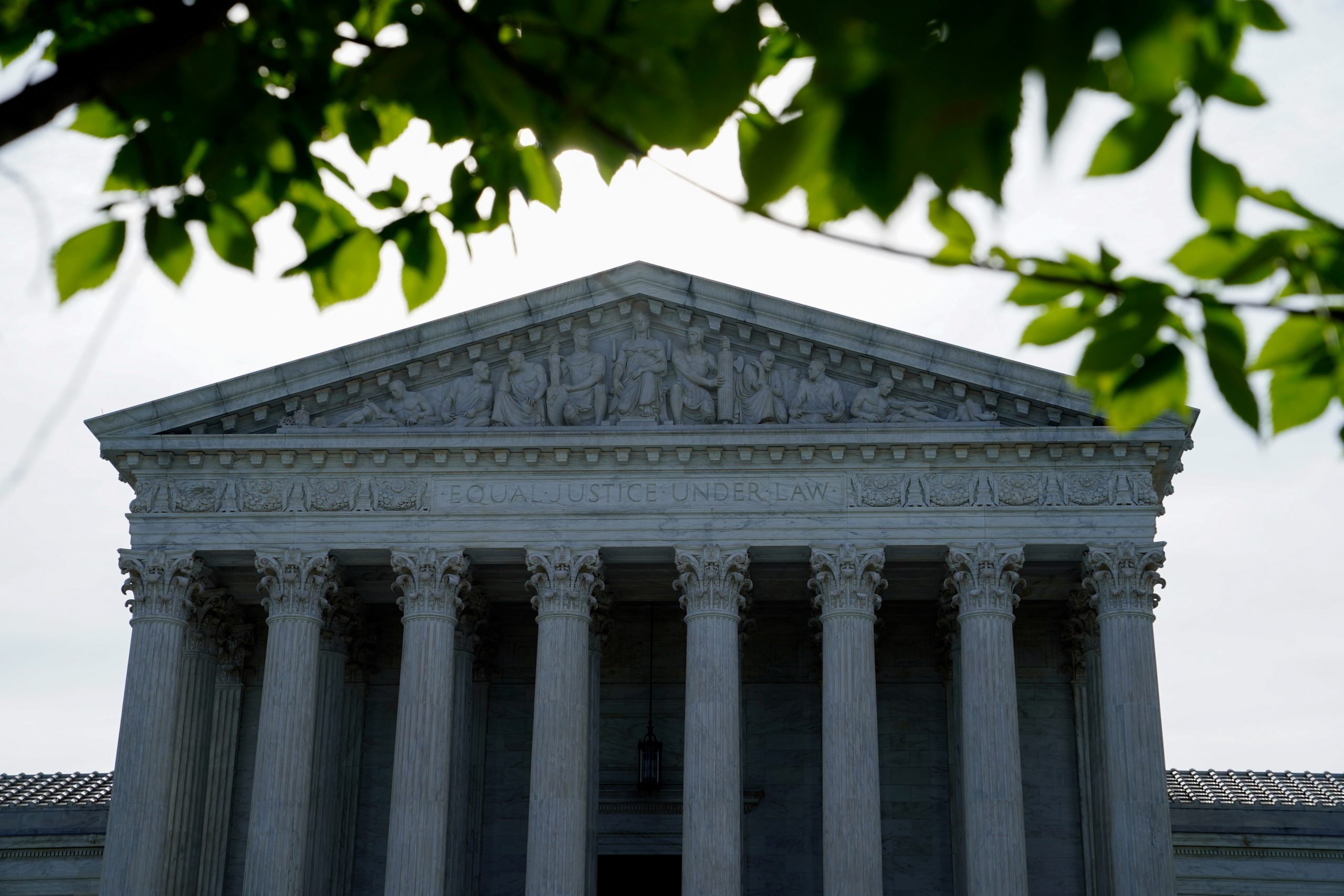
Ian Patrick, FISM News
[elfsight_social_share_buttons id=”1″]
On Thursday, the Supreme Court ended the new eviction moratorium implemented by the U.S. Centers for Disease Control and Prevention (CDC) which was set to expire on October 3. The Court ruled on Alabama Association of Realtors v. Department of Health and Human Services with a 6-3 majority, with all three liberal judges dissenting.
In the majority unsigned opinion, the Court stated that the CDC imposed this new moratorium through “a decades-old statute” that “strains credibility” when used to implement such a sweeping ban.
It would be one thing if Congress had specifically authorized the action that the CDC has taken. But that has not happened. Instead, the CDC has imposed a nationwide moratorium on evictions in reliance on a decades-old statute that authorizes it to implement measures like fumigation and pest extermination. It strains credulity to believe that this statute grants the CDC the sweeping authority that it asserts.
The majority justices agreed with a D.C. District Court which vacated the moratorium on the grounds that it was unlawful for the CDC to do so without Congressional approval. The government appealed the decision to the Supreme Court, leaving the moratorium in place for the meantime. The High Court said that the stay is now vacated, and the moratorium is removed.
Justice Stephen Breyer, writing the dissenting opinion, supported the moratorium and argued that SCOTUS did not have authority to vacate the stay from the lower court. He said “it is far from ‘demonstrably’ clear that the CDC lacks the power to issue its modified moratorium order” and used the high transmissibility of the Delta variant as reasoning for leaving in place the stay on eviction bans.
The CDC issued this new order after the original eviction moratorium expired on July 31, changing it slightly so that only areas with “substantial and high levels of community” would be affected by the ban. President Biden asked the CDC to look into implementing a new ban upon the expiration of the old one, and even admitted that the new CDC-imposed ban may not be constitutionally viable.
